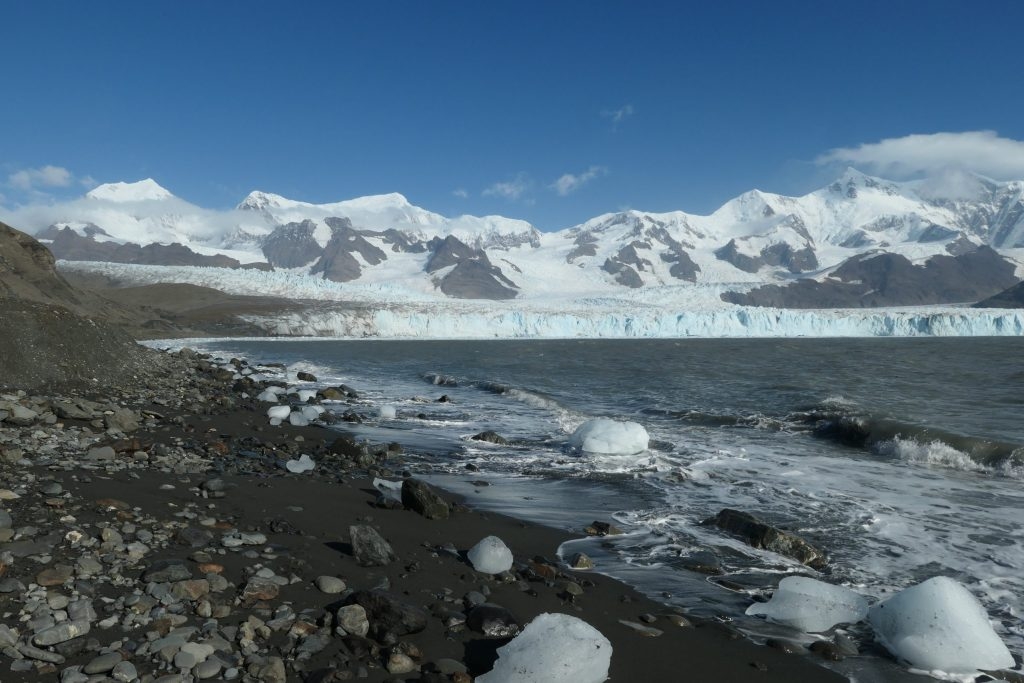We reach more than 65,000 registered users in Dec!! Register Now

Melting glaciers provide new ground for invasive species
- April 07, 2024
- 6 Views
- 0 Likes
- 0 Comment
A case study on the island of South Georgia.
Invasive species spread through human activities are one of the main causes of the ongoing biodiversity crisis.
Even on South Georgia, a remote island located in the very south of the Atlantic Ocean, exotic species are present. Many of which were inadvertently introduced by whalers and sealers in the 19th and early 20th century.
In a new study published in the open-access journal Neobiota and funded by Darwin Plus, researchers explored how living organisms colonise new ground provided by melting glaciers.
Like other cold regions of the world, South Georgia is losing its glaciers because of climate change, leaving behind large areas of newly uncovered bare ground.
Trending1,541 snout moth species and counting in the United States and Canada

The team suggests their results indicate invasive species will likely spread on South Georgia as fast as glaciers are retreating. Whether this has or will have negative consequences on local species needs to be investigated to help protect this unique ecosystem.
List of Referenes
- Pierre Tichit, Paul Brickle, Rosemary J. Newton, Peter Convey, Wayne Dawson. Introduced species infiltrate recent stages of succession after glacial retreat on sub-Antarctic South Georgia. NeoBiota, 2024; 92: 85 DOI: 10.3897/neobiota.92.117226
Cite This Article as
No tags found for this post









